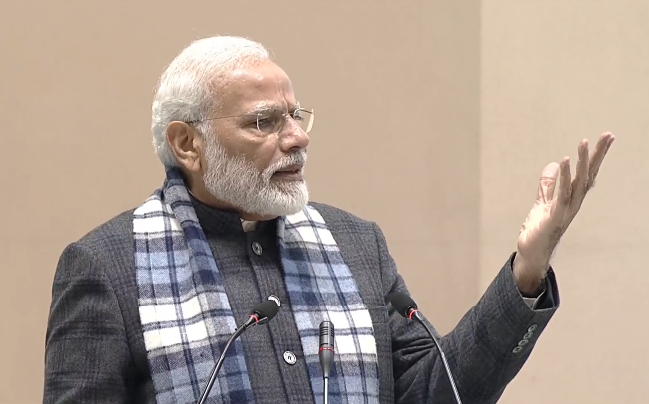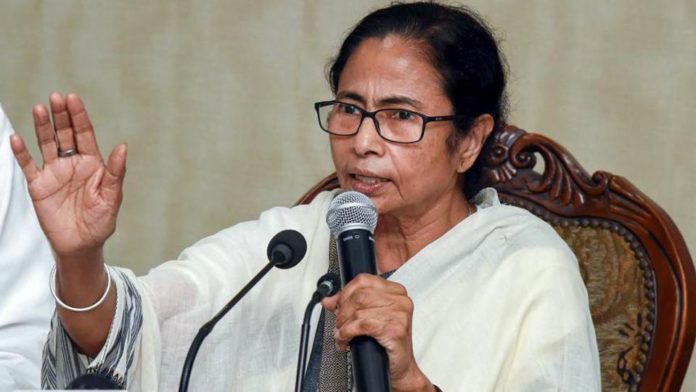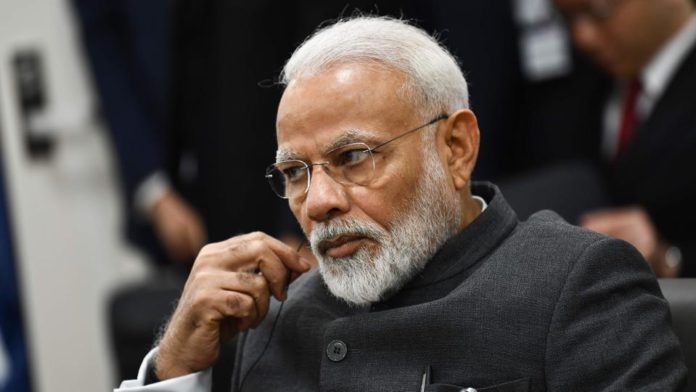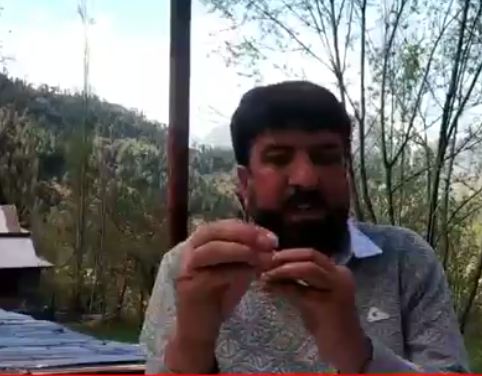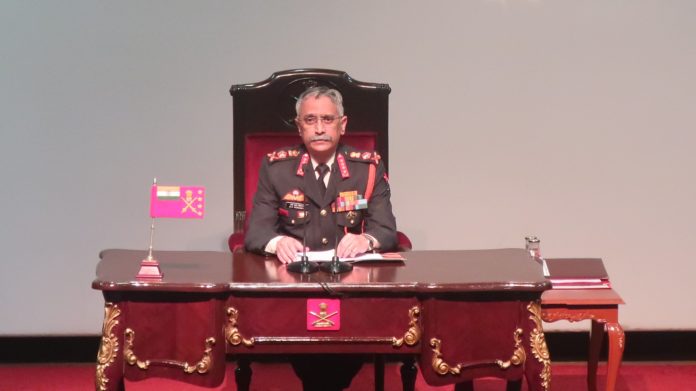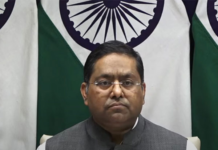Jammu(NVI): The forest cover in erstwhile Jammu and Kashmir state, which included Ladakh, has increased by 371 sq kms, according to the latest India State of Forest Report (ISFR) 2019.
The state of Jammu and Kashmir was bifurcated into 2 Union Territories — Jammu and Kashmir Union Territory and Ladakh Union Territory — in August last year.
Jammu and Kashmir managed to be among the top five states/UTs that have registered maximum increase in forest cover during the last two years.
The state/UTs showing significant gain in forest cover are Karnataka (1,025 sq km), Andhra Pradesh (990 sq km), Kerala (823 sq km) and J&K (371 sq km including 348 sq km in UT of J&K and 23 sq km in Ladakh UT).
The report further said that the forests of J&K have recorded the highest growing stock of wood per unit area, which is 144.16 cubic meter per hectare.
The total carbon stock of forests in UTs including ‘Trees outside Forests’ is 390.20 million tonnes (1430.73 million tonnes of CO2 equivalent), which is 5.48 percent of the total forest carbon of the country.
ISFR-2019 revealed that the extent of forest cover and the trees outside the forests in UT of Jammu and Kashmir is 29,066 sq km, which is 55 percent of the total geographical area of UT of J&K.
A total of 42 forest types are found in the Union Territories of J&K and Ladakh, which are highest in the country and denotes the diversity of forest ecosystems in J&K.
The two UTs have so far notified 15,912 sq km under the Protection Area Network (PAN) which is 15.59% of the total geographical area of the combined UT, comprising five National Parks, 14 Wildlife Sanctuaries and 35 Conservation & Wetland Reserves.
The FSI report said that the Protected Area (PA) network of the two UTs is the highest in the country in terms of area, which is nearly 10 percent of the country’s PA network.
Jammu and Kashmir has recorded the highest diversity of herbs in the country.
The last study had shown that in J&K the area under very dense forest cover had grown by 14 sq km only which now has grown by 206 sq km which shows that area under very dense forest cover has increased the maximum.
In tune with the Government of India’s vision of Digital India, FSI’s assessment is largely based on digital data whether it is satellite data, vector boundaries of districts or data processing of field measurements.
In this report, Ortho-rectified LISS III satellite data has been used for forest cover mapping due to its better positional accuracy as it removes effects of image perspective (tilt) and relief (terrain) and scale distortions in the image to represent features in its true positions for accurate measurement of distances, angels and areas.
The forest cover assessment reflects, in general, the status of forests in the country and its trend and provides inputs for broad evaluation of the forests related policies, legislations, programs and activities in the country.
The department of Forests is making continuous efforts to enhance quality of forest cover and improve ecosystem services from forest lands, including moderately dense forest cover, open forest cover and degraded grasslands, an official spokesman said here today.
The increase in the forest cover recorded by the FSI Report is the outcome of consistent reforestation efforts including mega plantation drives by the department and effective implementation of Forest related schemes, the spokesman said.
The afforestation activities are being promoted at every level by utilization of CAMPA funds and with improved techniques in challenging environment.
The way Forest Department is moving ahead, hopefully the ISFR report that is to be prepared in 2021 would see further increase in forest cover in the Union Territory of J&K, the spokesman said.

